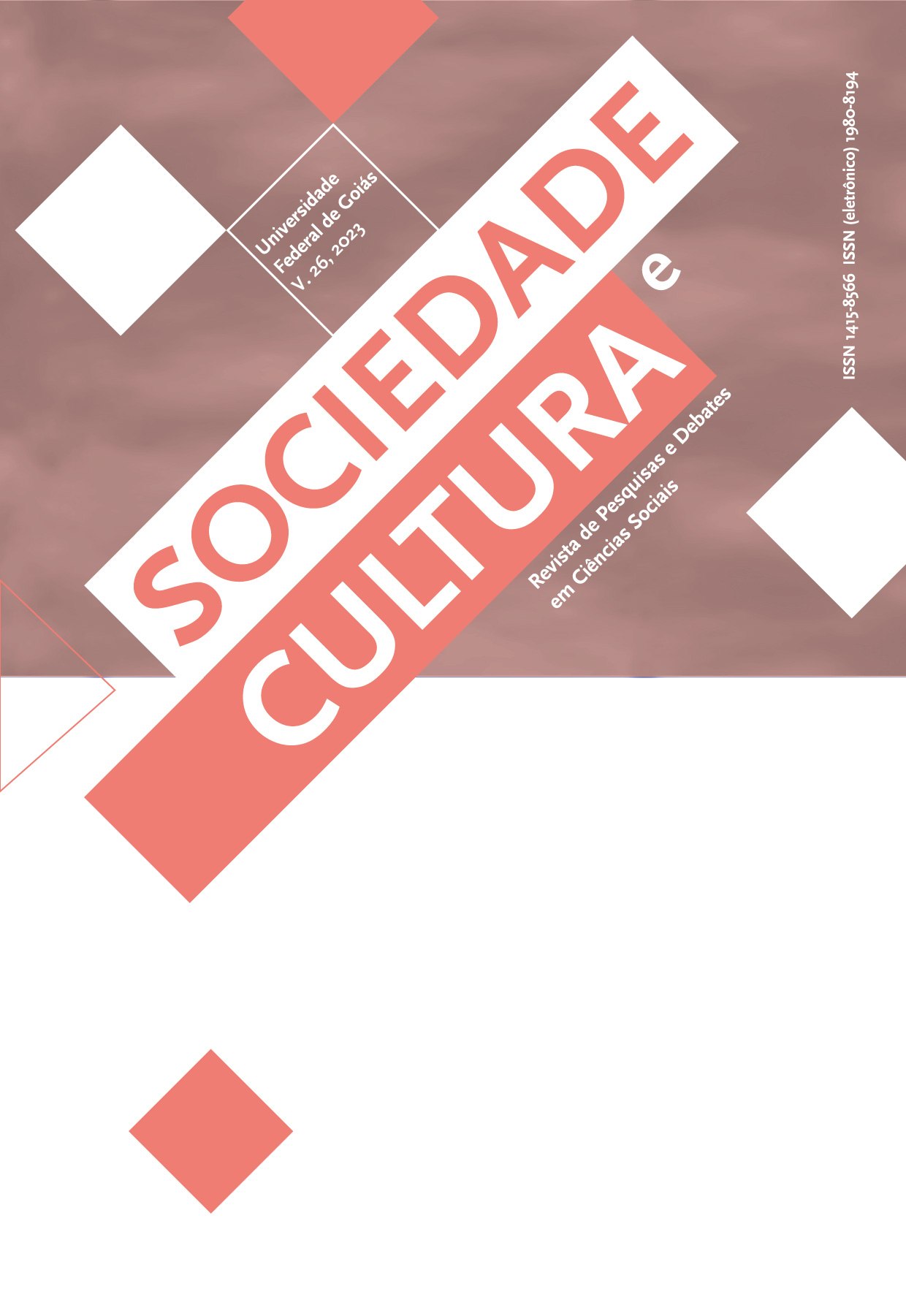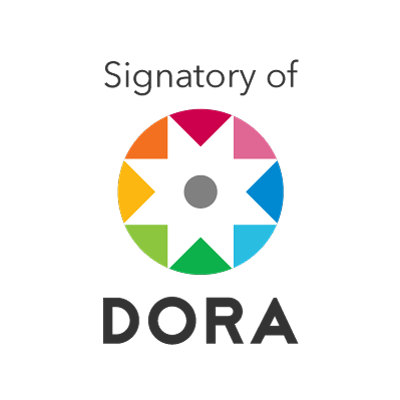“Alfineteira humana”? As crianças na ciência do vírus Zika produzida em Recife/PE
DOI:
https://doi.org/10.5216/sec.v26.75242Resumo
Na pandemia do vírus Covid-19, novos fenômenos patológicos despertaram surpresa, horror e curiosidade. O mesmo aconteceu com uma epidemia anterior, a do vírus Zika, entre 2015 e 2016. Vírus, vetor, gestante, feto – para chegar a essa correspondência, aconteceu um “intensivão científico”. Dezenas de cientistas correram para Recife/PE, o epicentro à época, e transformaram as crianças atingidas nos principais sujeitos de pesquisa. Ainda em 2018, entrevistei 13 cientistas do Zika. Em 2021, li os seus 36 artigos científicos publicados a partir de uma pergunta específica: onde e como aparecem as crianças? Como conteúdo, proponho uma leitura etnográfica destes artigos que, mesmo padronizados, sintéticos e herméticos, revelam informações nas entrelinhas. Como forma, farei um experimento literário, seguindo as seções comumente organizadas nesses artigos. Como empiria, sigo uma ordem microscópica até uma ordem macrossocial, da célula à demografia da epidemia. Contudo, a despeito de toda esta ciência feita a partir das crianças, elas continuam invisíveis. Por essas pistas, de conteúdo, forma e empiria, e amparada por expoentes contemporâneas da Antropologia da Ciência, sugiro uma análise sobre os encontros científicos durante a epidemia do Zika ali no Recife.
Downloads
Downloads
Publicado
Como Citar
Edição
Seção
Licença
Copyright (c) 2023 Sociedade e Cultura

Este trabalho está licenciado sob uma licença Creative Commons Attribution 4.0 International License.
Autores/as que publicam nesta revista concordam com os seguintes termos:
- Autores/as mantêm os direitos autorais e concedem à revista o direito de primeira publicação, sendo o trabalho simultaneamente licenciado sob a Creative Commons Attribution License, o que permite o compartilhamento do trabalho com reconhecimento de autoria e da publicação inicial nesta revista.
- Autores/as têm autorização para assumir contratos adicionais separadamente, para distribuição não exclusiva da versão do trabalho publicada nesta revista (ex.: publicar em repositório institucional ou como capítulo de livro), com reconhecimento de autoria e da publicação inicial nesta revista.
- Autores/as têm permissão e são estimulados/as a publicar e a distribuir seu trabalho online (ex.: em repositórios institucionais ou na sua página pessoal) a qualquer ponto antes ou durante o processo editorial, já que isso pode gerar alterações produtivas, bem como aumentar o impacto e a citação do trabalho publicado (veja O Efeito do Acesso Livre).


 Esta revista está licenciada sob a licença
Esta revista está licenciada sob a licença 
